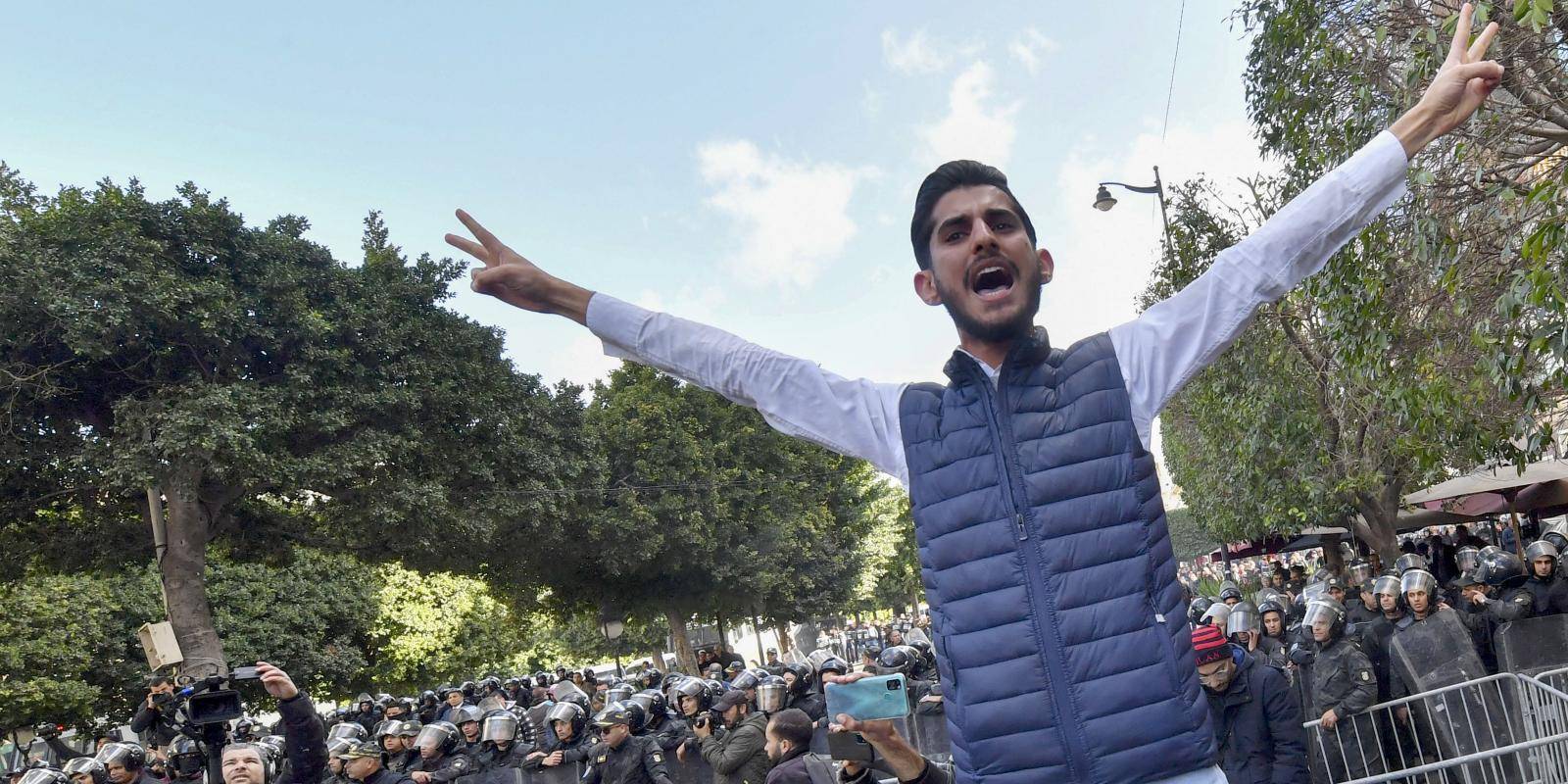Farea Al-Muslimi

The carpet rolled out to Bashar al-Assad by the Arab League in Jeddah this week opens a grim new chapter in a darkening world. Hundreds of thousands have been killed and millions displaced by the Assad regime’s horrific war crimes, yet here he is being welcomed with open arms.
More than a decade after the Arab Spring, the promise of bringing new and more accountable political forces into power to sweep away long-serving and corrupt despots appears lost. Authoritarian regimes across the region have reasserted their control and sent a clear message: no change will be brooked and the existing political orders will endure come what may.
What is most striking now is the solidarity of these regimes and their willingness to put aside past differences in favour of realpolitik. They no longer see benefit in proxy conflicts, and instead are willing to prioritize cooperation against efforts for reform in the region.
Arab League ineffective against authoritarian regimes
A byzantine institution, the Arab League – which welcomed Ukraine’s president Volodymyr Zelensky as he attempts to rally the world’s support against a rampant Russia – is filled with elderly men who talk for hours but do little. Syria’s seat was handed to the opposition in 2013 as regional states backed armed rebels attempting to overthrow the Assad regime.
However, recent diplomatic exchanges between Syria and the United Arab Emirates (UAE), Saudi Arabia, and Oman send a collective message from the authoritarian regimes that hold sway over the public body and never fully supported the idea of political transitions: ‘Even if we opposed you before, as long as you maintain your grip on power, you will be welcomed back into the fold’.
These regimes hope their populaces are exhausted by conflict and repression and no longer have the will to prioritize calls for change. But that is not to say the Arab Spring was in vain
By throwing open the door to Assad’s return, years of diplomatic isolation have fallen away in an instant. Is this the way the world bends?
The Arab Spring, which swept across the Middle East and North Africa in 2011, was a historic moment of political awakening for the region’s people. Some, such as Qatar and Turkey, sought to use the movement to consolidate power and support groups such as political Islamists and more radical militant groups.
The UAE took a similarly aggressive approach, actively opposing political Islam and supporting militias and military forces opposing the Muslim Brotherhood and similar movements. Saudi Arabia attempted to both stop and contain the movement, backing the problematic Gulf Cooperation Council-brokered political transition in Yemen while sending troops to the Gulf monarchy Bahrain to preserve the regime there. In Syria, Iran helped Assad crush the opposition and flooded the country with militias and revolutionary guards.
Gulf countries, most notably Saudi Arabia and the UAE, have recently supported Turkey and its president Recep Tayyip Erdogan with billions of dollars to help the flailing Turkish economy.
Qatar, which supported the Muslim Brotherhood in Egypt before its removal from power in 2013, recently deposited a billion dollars at the Egyptian central bank, helping bolster the position of the man who led the Islamist group’s ousting: President Abdel Fattah al-Sisi.
Turkey has given clear instructions to Egyptian opposition TV channels based in Istanbul to ‘tone down’ coverage critical of the Egyptian government.
What is most striking now is the solidarity of these regimes and their willingness to put aside past differences in favour of realpolitik
As Iran contends with a wave of public protests calling for major changes and remains isolated under Western sanctions, Riyadh has moved to rebuild diplomatic ties with its long-time foe. The consequences of this authoritarian resurgence are devastating for the region’s people and the future of democracy. Sudan has descended into renewed violence that threatens a wider civil war.
Meanwhile, Tunisia is slipping back into dictatorship under President Kais Saied. A military intervention and more than eight years of conflict in Yemen has left millions dependent on international aid for survival and the country fragmented under the control of multiple armed groups. Libya has been torn apart by proxy conflict. Egypt faces increasing economic hardship despite its grandiose mega-projects.
Exhausted by conflict and repression
There is hope. These regimes hope their populaces are exhausted by conflict and repression and no longer have the will to prioritize calls for change. But that is not to say the Arab Spring was in vain. The Russian invasion of Ukraine is the latest reminder of how authoritarian regimes hold back progress in their countries and threaten global peace and stability.
The end of the Arab Spring, and there is a price to pay 2nd part
While the Arab Spring battles have been won by authoritarian regimes and their supporters, a generation has experienced a political awakening and seen first-hand the fragility of these repressive orders. The forces of change must regroup and find new approaches and tools for the struggle ahead.
Efforts for peaceful democratic reform should be supported by the international community and not sacrificed on the altar of political expediency. Worryingly, the authoritarian Arab regimes have become more united, not less. This unity is a threat to democratic progress in the region.
Yet while the Arab Spring gambit may have been countered, the future of the region is still up for grabs. It will be up to those who believe in democracy and progress to seize it.
This article was first published in The Independent.
No comments:
Post a Comment